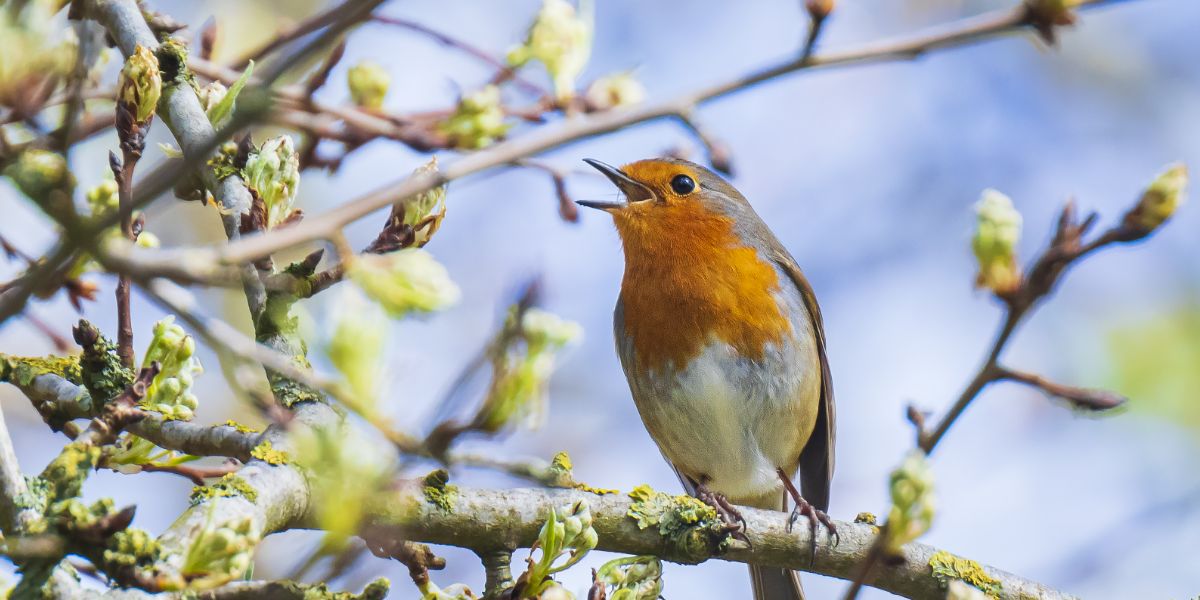A new study has found that seeing birds or hearing birdsong ‘lifts the spirits’ and has been shown to improve mental wellbeing.
The research saw participants use an app to submit reports of their mental health at the same time as seeing or hearing birds.
Researchers found that the wellbeing effect can last for up to eight hours, and was also evident in people diagnosed with depression.
- More intense training can lead to lower mood, athletes told
- Benefits of mental and physical activity on brain health may differ for men and women, study suggests
The findings have led the team behind the study to call for greater protection for bird habitats, particularly now that evidence has shown that birdsong can enhance people’s mood.
Lead author Ryan Hammoud, research assistant at the Institute of Psychiatry, Psychology and Neuroscience (IoPPN) at King’s College London, said: “There is growing evidence on the mental health benefits of being around nature and we intuitively think that the presence of birdsong and birds would help lift our mood.
“However, there is little research that has actually investigated the impact of birds on mental health in real-time and in a real environment.
“By using the app, we have for the first time showed the direct link between seeing or hearing birds and positive mood. We hope this evidence can demonstrate the importance of protecting and providing environments to encourage birds, not only for biodiversity but for our mental health.”
The 1,292 participants, who were recruited worldwide, completed almost 27,000 assessments via an app developed by King’s College London, landscape architects J&L Gibbons, and arts foundation Nomad Projects.
- Study finds getting 8,200 steps a day reduces risk of high blood pressure, sleep apnoea and depression
- Bowel movement frequency could indicate risk of heart attack and type 2 diabetes
Those taking part were asked three times a day if they could see or hear birds and were subsequently asked about their mental health.
Senior author Andrea Mechelli, Professor of Early Intervention in Mental Health at IoPPN, King’s College London, said: “The term ecosystem services is often used to describe the benefits of certain aspects of the natural environment on our physical and mental health.
“However, it can be difficult to prove these benefits scientifically. Our study provides an evidence base for creating and supporting biodiverse spaces that harbour birdlife, since this is strongly linked with our mental health.
“In addition, the findings support the implementation of measures to increase opportunities for people to come across birdlife, particularly for those living with mental health conditions such as depression.”
Research partner and landscape architect Jo Gibbons, from J & L Gibbons, added: “This exciting research underpins just how much the sight and sound of birdsong lifts the spirits. It captures intriguing evidence that a biodiverse environment is restorative in terms of mental wellbeing. That the sensual stimulation of birdsong, part of those daily ‘doses’ of nature, is precious and time-lasting.”
The study was funded by the Medical Research Council (MRC), National Institute for Health and Care Research (NIHR), Maudsley Biomedical Research Centre and the NIHR Applied Research Collaboration South London.
The study has been published in Scientific Reports.




